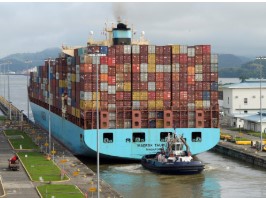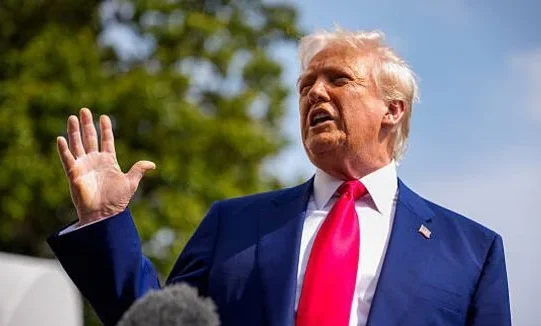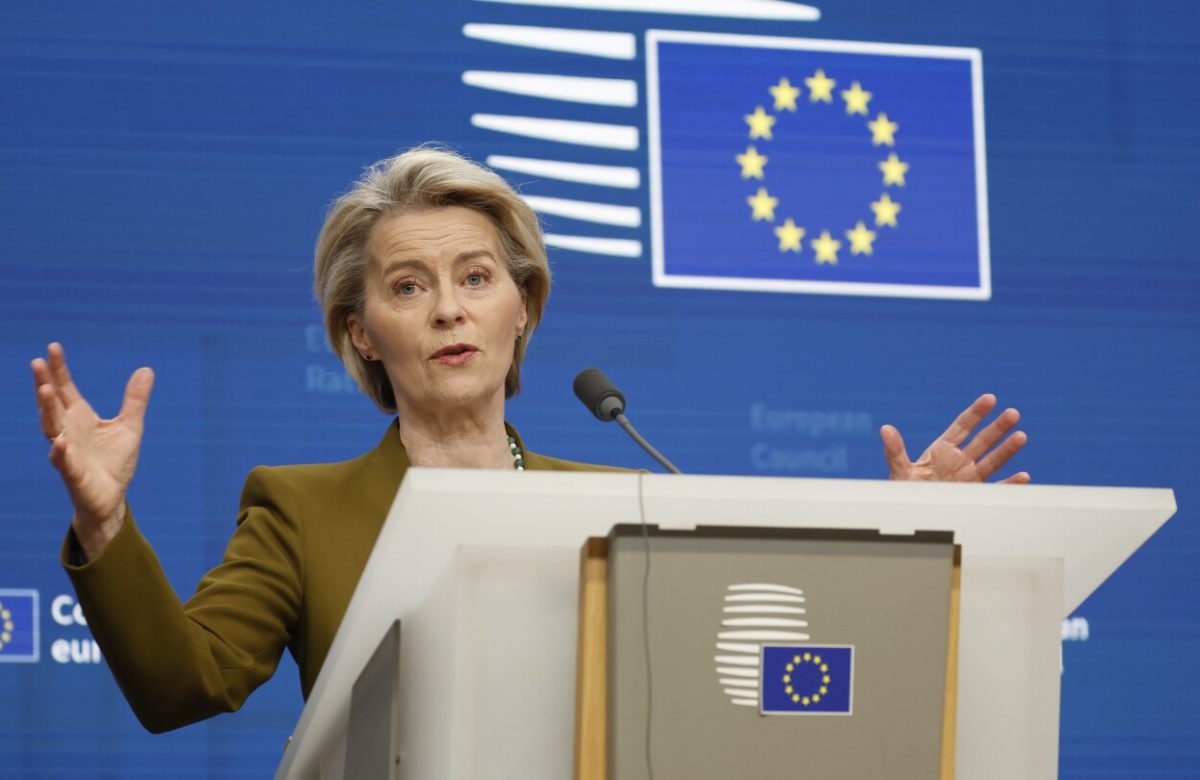
US Issues Ultimatum to Panama Over Chinese Influence on Canal
- World News
- February 3, 2025
- No Comment
US Issues Ultimatum to Panama Over Chinese Influence on Canal
U.S. Secretary of State Marco Rubio has issued a stark warning to the Panamanian government, demanding immediate measures to curb China’s growing influence over the Panama Canal. The ultimatum, delivered during Rubio’s first official trip abroad, underscores Washington’s deep concerns that Beijing’s expanding presence in the region could threaten global trade security.
However, Panamanian President Jose Raul Mulino has pushed back against U.S. pressure, insisting that Panama will not compromise its sovereignty. In a press briefing, Mulino stated, “The Panama Canal belongs to Panama, and no foreign power will dictate how we manage our trade routes.”
Rubio’s Stern Warning to Panama
During his visit, Rubio toured the Panama Canal alongside its administrators, observing the passage of a South Korean-affiliated oil tanker and a Marshall Islands-flagged cargo ship. While his public statements were diplomatic, sources indicate that behind closed doors, Rubio conveyed a more forceful message.
According to State Department spokesperson Tammy Bruce, Rubio informed Panama that Washington views its growing ties with China as a violation of the 1977 Panama Canal Treaty, which transferred control of the canal from the U.S. to Panama in 1999.
Rubio specifically raised concerns over Chinese-backed infrastructure projects, port operations, and logistical contracts, warning that if Panama does not take corrective action, the U.S. will be forced to protect its strategic interests.
Mulino Calls for Dialogue, Rejects U.S. Threats
President Mulino, however, refused to be intimidated, emphasizing that Panama will not bow to external pressure.
“We welcome cooperation, but not ultimatums,” Mulino said, proposing a series of technical discussions to address U.S. concerns. He stressed that while China is a key economic partner, Panama remains committed to ensuring the canal remains open and neutral for global trade.
Mulino had already ordered a review of contracts held by China-controlled port operators, but Washington dismissed this step as insufficient. The U.S. is particularly concerned that China’s investments in surrounding infrastructure could allow Beijing to exert influence over the canal’s operations during a future conflict.
Migration Cooperation Amid Canal Disputes
Despite growing tensions over the canal, Panama is seeking closer cooperation with the U.S. on migration control.
Mulino offered the U.S. access to an airstrip in Meteti, Darien, a crucial transit point for migrants heading north toward the U.S.. The Trump administration has pledged $6 million to assist Panama in deporting undocumented migrants, including Venezuelans, Ecuadorians, and Haitians.
Mulino expressed support for the initiative, stating, “This plan benefits both nations. We need to address migration challenges together.”
Protests Erupt Over U.S. Interference
Rubio’s visit has sparked strong opposition from Panamanian citizens, with hundreds taking to the streets in protest. Demonstrators burned an effigy of Rubio, chanting “Panama is not for sale!”
Police clashed with protesters near the presidential palace, using tear gas to disperse the crowds. Union leader Saul Mendez criticized U.S. pressure, declaring, “We will not allow another era of U.S. dominance over our nation.”
A New Battleground in U.S.-China Rivalry
The Panama Canal remains one of the most strategic waterways in the world, facilitating global trade between the Atlantic and Pacific Oceans. With China and the U.S. locked in an escalating battle for influence, Panama has become a key battleground in their geopolitical rivalry.
As Washington pushes for greater control over Panama’s strategic assets, and Beijing continues to strengthen its economic footprint, the stakes have never been higher. The coming months could determine whether Panama will remain truly independent—or whether it will be forced to choose sides in a new Cold War.






